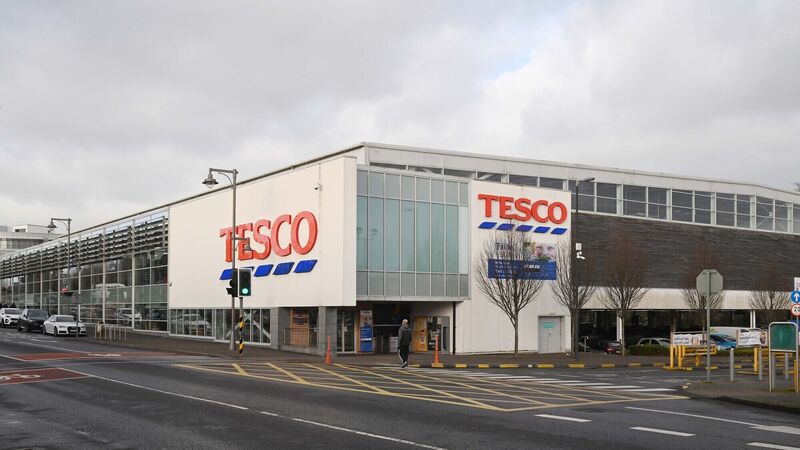Tesco annual profit cut in half as rising costs and inflation hit

Corkman Ken Murphy, chief executive of Tesco, said the group has been contending with "unprecedented levels of inflation" and rising costs of operations.
Pre-tax profits at Tesco have been cut in half as the supermarket giant contends with high inflation and rising operational costs.
In the year to the end of February, across all of its operations, Tesco generated a pre-tax profit of £1bn (€1.14 bn) down from the over £2bn (€2.27 bn) recorded the year prior. Despite the drop in profits, the company’s revenue grew from £61.34bn (€69.68 bn) to £65.76bn (€74.7 bn).











